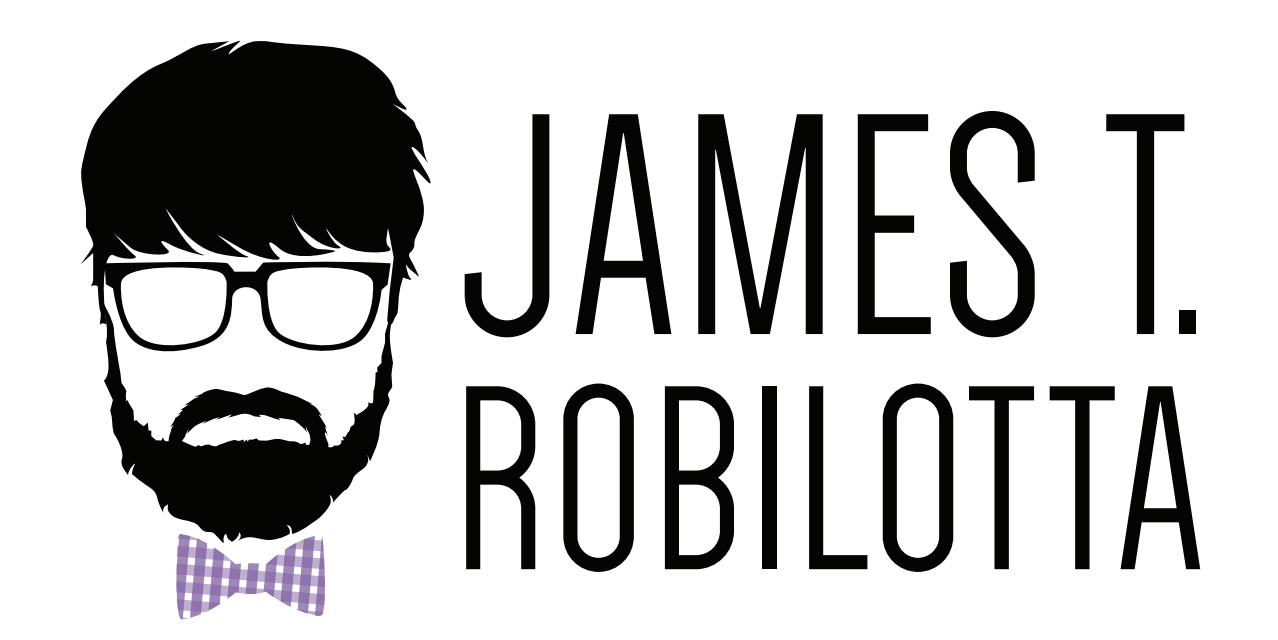Your Story is Good Enough
I was asked in a recent interview, “What advice would you give to educators who want to inspire students?” In short, my answer was: Stop telling other people’s stories and start telling your own.Soapbox time. One of my BIGGEST speaker pet peeves is when I hear a speaker quote Gandhi, Martin Luther King, Jr., Mother Theresa, Nelson Mandela, etc., etc. I think it’s easy, hack, and cliché. Educators, we are better than that. I personally feel it’s not the best use of my words because I am none of those people, and nor will ever I be.
If I hear one more time that Michael Jordan got cut from his high school basketball team or that Wayne Gretsky said, “You miss 100% of the shots you don’t take,” I may boil over. Shout out to Steve Jobs, Henry David Thoreau, and Eleanor Roosevelt. Everyone who I have listed is amazing. They are heroes, societal game changers, the best at what they did, the most innovative, stupidly impressive and worthy of all of the respect and admiration they have. But here is what we have to remember, mentors:
Today’s students will become us before they become the world’s future heroes.
Trying to inspire someone with one of the individuals above makes as much sense as trying to motivate a small boy who wants to be a lumberjack with Paul Bunyan’s story. It’s an amazing tale but it’s unrealistic. Instead, introduce that boy to the local logger who is climbing the ladder of success. Or maybe stop cutting down trees…but that’s a topic for another day. Please note: I’m not saying we can’t have our mentees and our audiences dreaming big. I am saying that we need to give them realistic palpable examples and steps of how to chase down those dreams.
Quotes are an efficient and effective way to springboard into a point, but speakers who quote these people and then drop the mic are doing it wrong. It is only after we break down quotes and follow them up with examples relevant to our audience that we can lead an audience member to water and inspire her or him to drink. We do that by telling our own stories, where we succeeded, where we slipped and what we learned from both. Inspiring students with personal and tangible examples of things like: creating change, following passion, being better leaders, making a difference, and/or being more socially and globally conscious will expose them to more substantial true-to-life approaches with to how to start.Here is the kicker, my fellow educators:
Your story is good enough.
Sometimes we feel the need to tell other’s stories because we are self-conscious about our own not having enough weight. Believe me, that’s the exact reason I spoke for free for 3-4 years. Spoiler alert friends: your story is plenty powerful and way more accessible and therefore will be way more effective in inspiring others than if you try and tell someone else’s. So, tell me your story.

